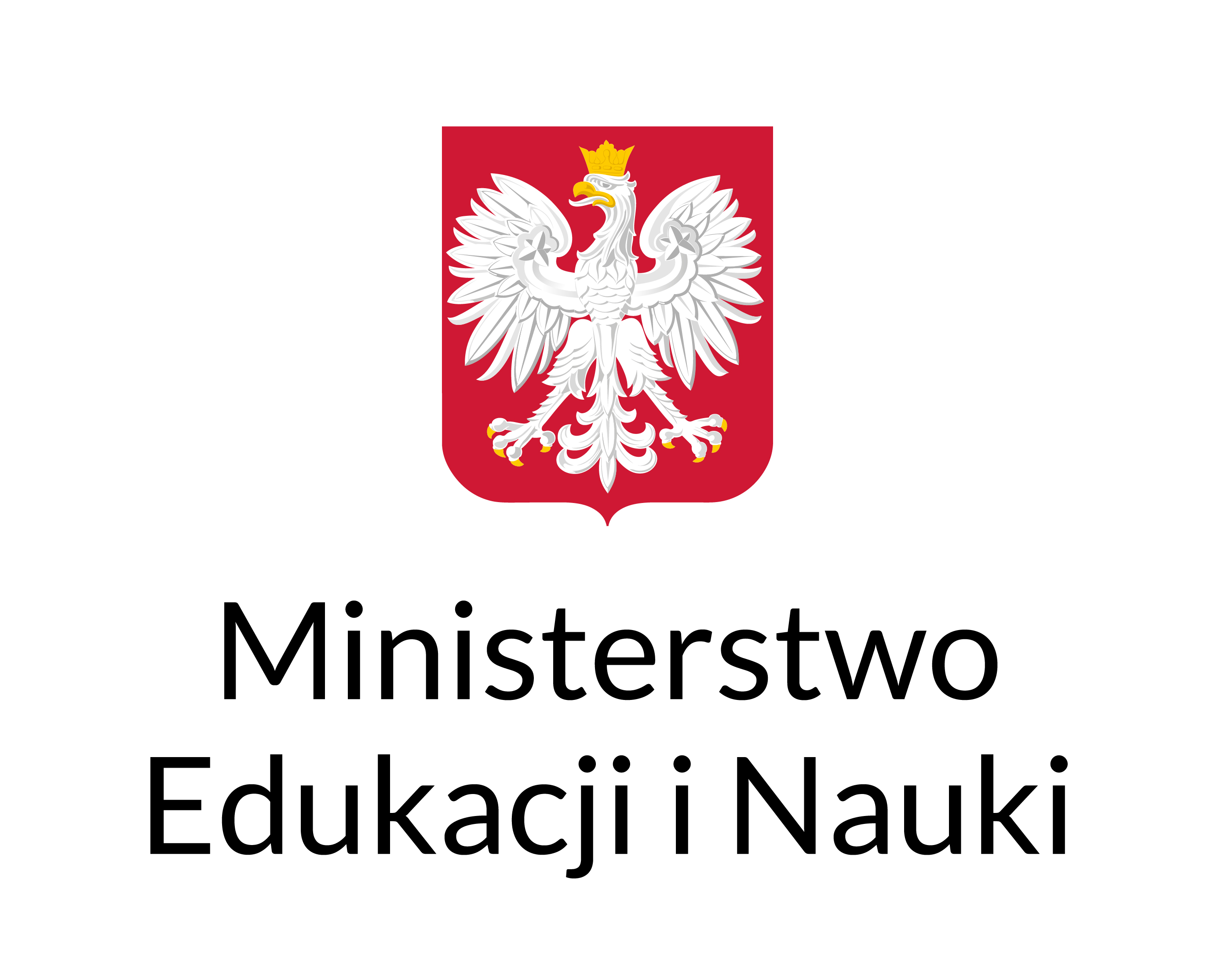Christian Values and the Protection of the Family in the Romanian Constitution and the Case Law of the Romanian Constitutional Court
Abstract
The article starts from the hypothesis, which it seeks to prove, that legal systems, laws and especially constitutions are not value-neutral but rather defined by values. These values may be moral, political or religious. In Europe and the Western civilisation, a significant part of these values has been shaped by the Christian religion, culture, outlook on life and behaviour. As a narrower context, the article focuses on the moral and political values of the Romanian constitution, their Christian spirit and origin, and the related theoretical and constitutional interpretations. In the analysis, the author concentrates on human dignity, the free development of the human personality, and justice as the main values, as well as the fundamental rights related to them and the principles that define the organisation of the state. The influence of Christian values, thinking and perceptions can be seen in all of these. The author analyses in particular the Christian constitutional and civil law rules governing the family and the marriage on which it is based.
References
Ádám, A. (2007) Bölcselet, vallás, állami egyházjog. Budapest–Pécs: Dialóg Campus Kiadó.
Ardelean, B-O. (2011) Libertatea religioasă: O abordare normativă. București: Editura Didactică și Pedagogică.
Az Igazságosság és Béke Pápai Tanácsa (2007) Az Egyház társadalmi tanításának kompendiuma. Budapest: Szent István Társulat Könyvkiadó.
Barcsi, T. (2005) Az ember méltósága. Máriabesenyő-Gödöllő: Attraktor.
Boari, V. (ed.) (2018) Religie și democrația la începutul secolului XXI. Iași: Institutul European.
Coing, H. (1996) A jogfilozófia alapjai. Budapest: Osiris Kiadó.
Deaconu, Ș. (ed.) (2015) Codex Constituțional: Constituțiile statelor membre ale Uniunii Europene. București: Editura Monitorul Oficial.
Eötvös, J. (1977) Vallomások és gondolatok. Budapest: Magyar Helikon.
Fazekas, S. (ed.) (2009) Kálvin időszerűsége – Tanulmányok Kálvin János teológiájának maradandó értékéről és magyarországi hatásáról. Budapest: Magyarországi Református Egyház Kálvin János Kiadó.
Habermas, J., Ratzinger, J. (2007) A szabadelvű állam morális alapjai – A szekularizáció dialektikája az észről és a vallásról. Gondolat: Budapest.
Hart, H.L.A. (1995) A jog fogalma. Budapest: Osiris Kiadó.
Ionescu, C., Dumitrescu, C.A. (2017) Constituția României – comentarii și explicații. București: Editura C.H. Beck.
Kálvin János (1559, 2014) Institutio Christianae Religionis – A keresztyén vallás rendszere. Budapest: Kálvin János Kiadó.
Kundera, M. (2017) Elárult testamentumok. Budapest: Európa Könyvkiadó.
Kuyper, A. (1923) A kálvinizmus politikai jelentősége. Budapest: Holland-Magyar Református Bizottság.
Muraru, I., Tănăsescu, E.S. (eds.) (2008) Constituția României: Comentarieu pe articole. București: Editura C.H. Beck.
Necula, M-I. (2020) Valori religioase protejate prin norme juridice. Iași: Editura Lumen.
Püski, S. (1994) Jogfilozófia: Dr. Moór Gyula egyetemi ny. r. tanár előadásai után. Budapest: Püski Kiadó.
Rawls, J. (1997) Az igazságosság elmélete. Budapest: Osiris Kiadó.
Szathmáry, B. (2020) A református egyházjog. Sárospatak: Hernád Kiadó.
Tănăsescu, E.S. (2009) ‘Despre constituționalism și religie’ in Tănăsescu, E.S. (ed.) Religie și Constituție, București: Editura Hamangiu, pp. 78–93.
Varga, Zs.A. (2020) ‘A házasság és a család mint keresztény és európai értékek’, Acta Humana – Emberi Jogi Közlemények, 8(4), pp. 187–206; https://doi.org/10.32566/ ah.2020.4.7.












